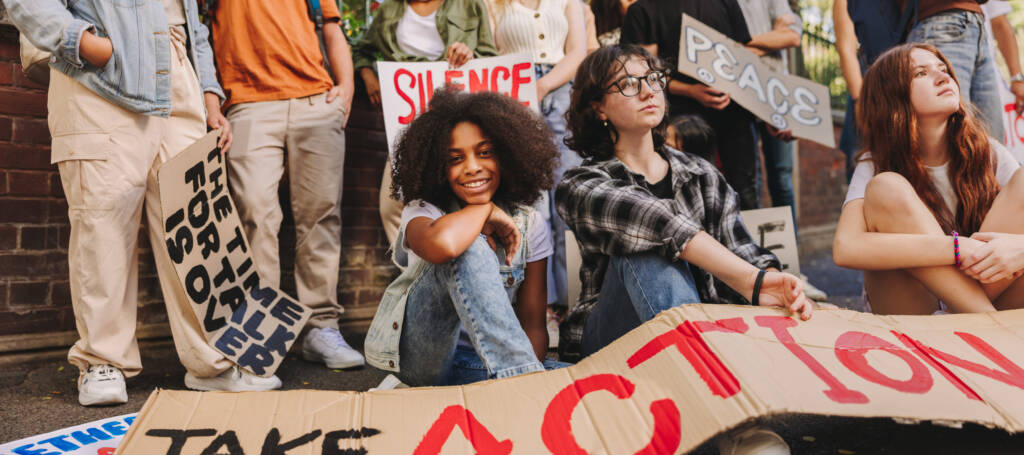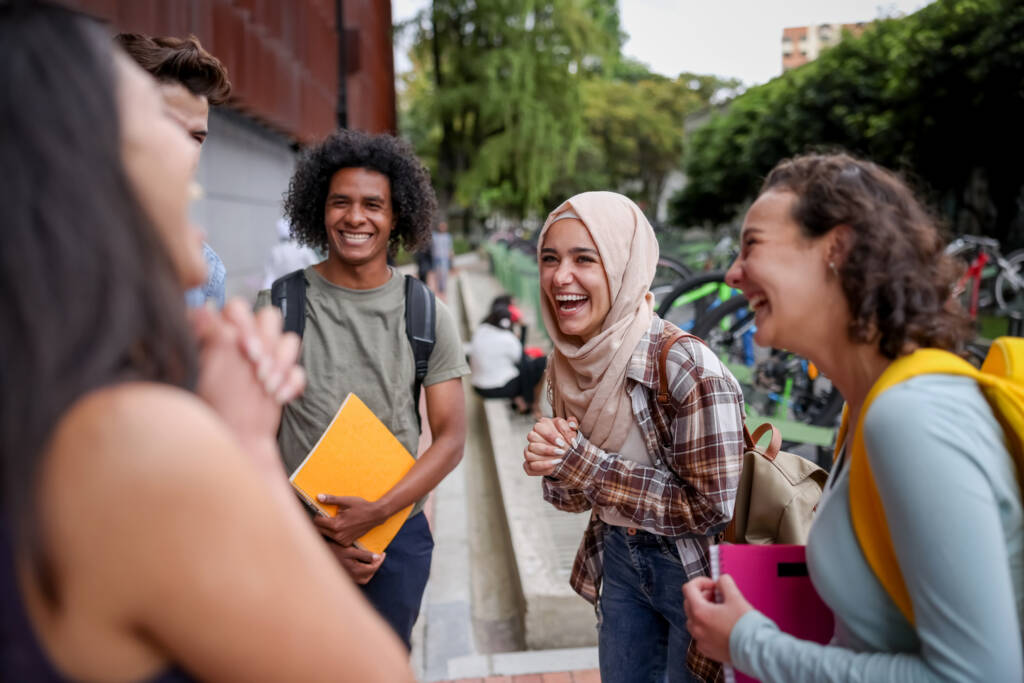
Social Problems 1

Do you dream of a better world? Do you ever wonder how you can contribute to positive change? Whether you’re passionate about solving larger problems in society or promoting better solutions to improve the outcome for a few, this is the course for you. By becoming a social scientist, you’ll learn how to recognize and call attention to social problems. From issues surrounding mass media, poverty, health, education, our justice system, the environment, and more, you’ll learn how to acquire and assess information so you can seek solutions and advocate for real change regarding the societal challenges that mean the most to you. After all, we only have one world; why not strive to make it a better place?
Major Topics and Concepts
- Understand social problems and what elements are commonly found in social problems.
- Review the different stages of a social problem.
- Discuss some of the issues in studying social problems.
- Examine the two types of social problems.
- Discuss two approaches to social problems.
- Understand what makes up the mass media.
- Discuss how the media affect what is seen as a social problem.
- Learn how gatekeeping, agenda setting, and framing affect the perceptions of social problems.
- Examine how the media was used in the Rwandan genocide.
- Investigate claims that the media are connected to social problems like violence and racism.
- Understand the different ways of defining poverty and deprivation.
- Understand the extent of poverty in North America and around the world.
- Examine the possible causes of poverty.
- Investigate the costs of poverty for individuals and society.
- Discuss potential ways to decrease poverty.
- Understand some of the social problems affecting the educational system.
- Discuss the benefits of desegregation and the issues in implementing desegregation.
- Understand what tracking is and the effects that this practice can have.
- Examine school violence and some of the solutions that have been suggested.
- Investigate some of the solutions that have been suggested for educational problems.
- Understand the global AIDS epidemic and the patterns of transmission.
- Discuss the abortion and euthanasia controversies.
- Investigate how health is related to economics.
- Examine some of the problems in the United States health care system.
- Discuss how health care might become more equal throughout society.
- Review the different types of crime in society.
- Discuss the history of crime and how urbanization affects crime rates.
- Investigate theories on why individuals commit crimes.
- Understand how social issues like poverty influence crime rates.
- Think about how to decrease crime rates in society.
- Examine the effects that overpopulation has on individuals and society.
- Investigate how many people the earth can support and feed.
- Discuss different ways to reduce population growth globally.
- Learn how cultural values and practices influence environmental problems.
- Discuss the social consequences of environmental issues.
- Examine various theories on what causes war.
- Understand the costs of war for individuals, societies, and countries.
- Discuss how the arms race began and what form it currently takes.
- Investigate some of the different types of terrorism.
- Look at the weapons that terrorists might use and what effects they might have on individuals and society.
Competencies
Foundations in Social Problems
Students will demonstrate an understanding of foundations in social problems by describing elements of social problems, describing stages of social problems, and explaining approaches to social problems.
Mass Media
Students will demonstrate an understanding of mass media by explaining the role of mass media in widespread communication, explaining the impacts of mass media, and describing social problems of mass media.
Elements of Poverty
Students will demonstrate an understanding of the elements of poverty by describing causes of poverty, evaluating the costs of poverty, and comparing solutions to decrease poverty.
Social Challenges in Education
Students will demonstrate an understanding of social challenges in education by describing factors of educational challenges, explaining evolution of education in the US, and describing solutions for educational challenges.
Challenges in Health Care
Students will demonstrate an understanding of challenges in health care by describing variances in healthcare, describing common health conditions, and explaining solutions for health care challenges.
Social Problem of Crime
Students will demonstrate an understanding of the social problem of crime by explaining the impacts of crimes, describing the origins of crime, and comparing solutions to decrease crime.
Population and the Environment
Students will demonstrate an understanding of population and the environment by explaining the origins of the environment’s current state, describing the impact of growing population on the environment, and explaining the impact of human actions on the environment.
Social Problems of Violent Conflicts
Students will demonstrate an understanding of social problems of violent conflicts by explaining causes of violent conflicts, describing impacts of violent conflicts, and describing strategies to reduce violence.

